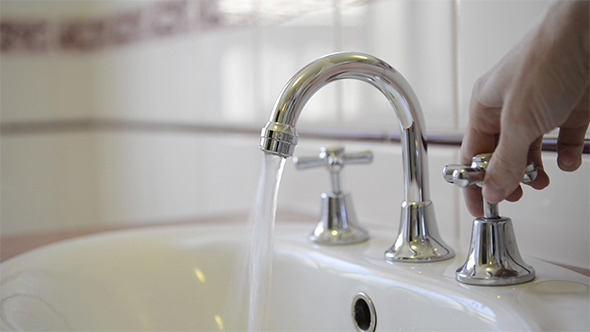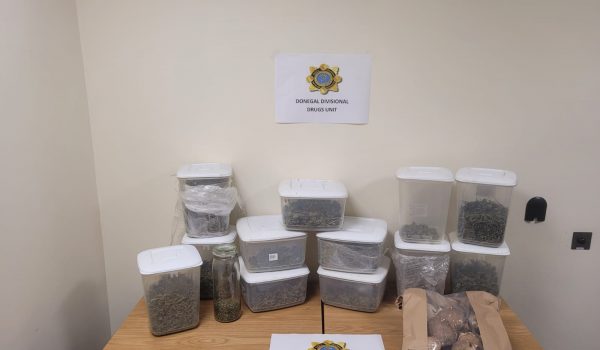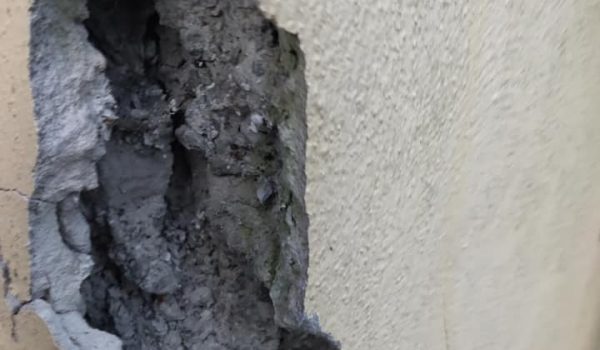
Irish Water is stressing there is no danger posed by drinking water in Donegal.
The EPA has confirmed almost 20 samples from drinking water supplies in Donegal had excessive levels of Trihalomethanes, which are formed by the reaction of naturally occurring dissolved organic material in the water and chlorine.
Irish Water says there is no question of removing chlorine, as the clear advice from the HSE and WHO is that the “benefits of using chlorine to treat our drinking water are much greater than any possible health risk from THMs”.
********************
Statement in full –
Trihalomethanes (THMs for short) are chemicals which are formed by the reaction of naturally occurring dissolved organic material in the water and chlorine, which is used for disinfection purposes. Chlorination is an essential step in the production process to ensure harmful bacteria are eliminated from your drinking water. The clear advice from the HSE in relation to THMs and drinking water is that the “benefits of using chlorine to treat our drinking water are much greater than any possible health risk from THMs”. This is also the position of the World Health Organisation (WHO) who state that “…adequate disinfection should never be compromised to control THMs”.
The protection of public health is Irish Water’s first priority. When our monitoring programmes detect THM levels above the allowable limit (100µg/L), Irish Water notifies the Environmental Protection Agency and consults with the Health Service Executive (HSE) to ensure any potential risk to public health is fully risk assessed. To date, a Do Not Drink notice has not been imposed on any public water supply due to THM exceedances.
In line with the requirements of the EU Drinking Water Directive, Irish Water is taking action to remove the risk of the formation of elevated levels of THMs in all public water supplies. We are progressing a programme to improve water quality through investment in water services infrastructure and are targeting specific Water Supply Zones where the risk of elevated THMs is highest. Irish Water is also upgrading and optimising the treatment processes at all water treatment plants across the country. This includes controlling the concentration of chlorine in the water, one of the key measures in controlling THM formation, as well as the reorganisation of networks and regular flushing of storage reservoirs and pipelines.






